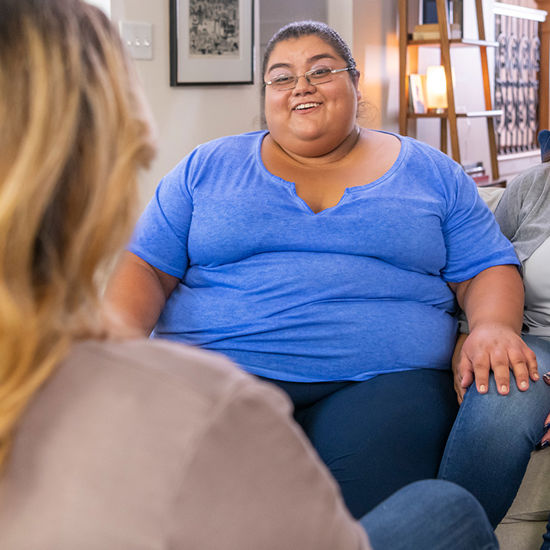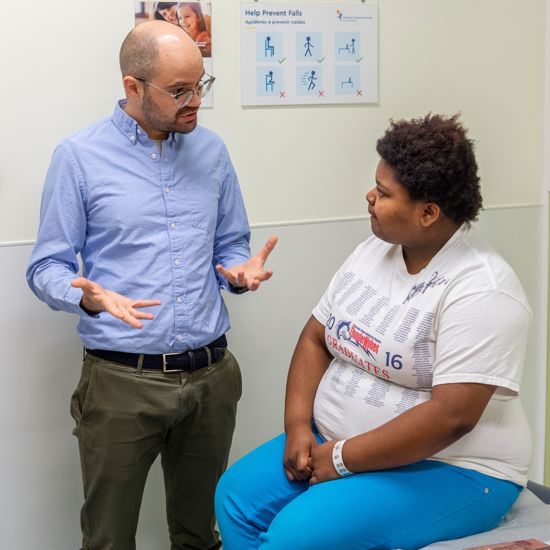- Doctors & Departments
-
Conditions & Advice
- Overview
- Conditions and Symptoms
- ¿Está enfermo su hijo?
- Parent Resources
- The Connection Journey
- Calma Un Bebé Que Llora
- Sports Articles
- Dosage Tables
- Baby Guide
-
Your Visit
- Overview
- Prepare for Your Visit
- Your Overnight Stay
- Send a Cheer Card
- Family and Patient Resources
- Patient Cost Estimate
- Insurance and Financial Resources
- Online Bill Pay
- Medical Records
- Política y procedimientos en el hospital
- Preguntamos Porque Nos Importa
-
Community
- Overview
- Addressing the Youth Mental Health Crisis
- Calendar of Events
- Child Health Advocacy
- Community Health
- Community Partners
- Corporate Relations
- Global Health
- Patient Advocacy
- Patient Stories
- Pediatric Affiliations
- Support Children’s Colorado
- Specialty Outreach Clinics
Your Support Matters
Upcoming Events
Colorado Hospitals Substance Exposed Newborn Quality Improvement Collaborative CHoSEN Conference (Hybrid)
lunes, 29 de abril de 2024The CHoSEN Collaborative is an effort to increase consistency in...
-
Research & Innovation
- Overview
- Pediatric Clinical Trials
- Q: Pediatric Health Advances
- Discoveries and Milestones
- Training and Internships
- Academic Affiliation
- Investigator Resources
- Funding Opportunities
- Center For Innovation
- Support Our Research
- Research Areas

It starts with a Q:
For the latest cutting-edge research, innovative collaborations and remarkable discoveries in child health, read stories from across all our areas of study in Q: Advances and Answers in Pediatric Health.


About Bariatric Surgery
At Children’s Hospital Colorado, we treat the big things, the small things and everything in between.
How does bariatric surgery work?
Bariatric surgery works by modifying the stomach and its connections to help teens lose weight. By modifying the stomach, this reduces the amount of food needed to feel full.
Teens and their parents must be willing to follow healthcare providers' recommendations before and after surgery. This includes committing to lifestyle changes that will help your teen remain healthy and keep the weight off for life. It also includes regular follow-up visits after surgery.
At the Bariatric Surgery Center at Children's Hospital Colorado, we currently offer two procedures. These include the vertical sleeve gastrectomy (VSG) and the Roux-en-Y gastric bypass (RYGB).
What is the general criteria that my teen needs to meet to have bariatric surgery?
Our team carefully evaluates each patient to determine if they are a good candidate for surgery. The following are the general criteria for bariatric surgery:
1. Severe obesity: BMI equal to or greater than 35 kg/m2 or 120% of the 95th percentile of children with significant obesity complications such as:
- Type 2 diabetes
- Obstructive sleep apnea (Apnea Hypopnea Index: 5 or more events/hour)
- Hypertension
- Idiopathic intracranial hypertension (pseudotumor cerebri)
- Non-alcoholic steatohepatitis (NASH)
- Blount's disease
- Slipped capital femoral epiphysis
- Gastroesophageal reflux (GERD)
OR
2. Severe obesity: BMI equal to or greater than 40 kg/m2 or 140% of the 95th percentile of children with any obesity complications such as the ones listed above or issues that impair quality of life or daily activities such as joint pain and physical functioning. Participants must have:
- Willingness to complete the medical work-up and other requirements before and after surgery
- Ability to understand surgery and care required after surgery
- Willingness to understand and adhere to nutritional guidelines after surgery
- Healthy family support system
- Clearance from the bariatric surgical team
How do I know what my teen's BMI is?
BMI is calculated using your teen's weight and height. You can determine your teen's BMI using the CDC's BMI Percentile Calculator.
Who is not a good candidate for bariatric surgery?
Some teens are not good candidates for bariatric surgery. Your teen may not be a good candidate if they have any of the following:
- Substance abuse problem within the previous year
- Any medical condition or mental health condition that could prevent your teen from following the diet, exercise or medicine recommendations
- Currently breastfeeding, pregnant or planning to become pregnant within two years
- Lack of willingness to follow the recommended guidelines after surgery
How much weight will my teen lose with surgery versus other traditional weight loss methods?
The amount of weight your teen will lose depends on several factors. Some of these include your teen's starting weight, health issues, and ability to commit to dietary and lifestyle recommendations. Most teens can expect to lose on average 26%-28% of their body weight. For example, a teen who weighs 350 pounds can expect to lose about 95 pounds.
What other benefits can bariatric surgery provide?
Bariatric surgery may help to reverse certain obesity-related conditions such as type 2 diabetes, abnormal kidney function, prediabetes, high cholesterol and high blood pressure. It can also have a positive impact on weight-related quality of life.
What can we expect from the initial bariatric surgery consultation at Children's Colorado?
Our Bariatric Surgery Center is committed to providing comprehensive, multidisciplinary obesity treatment for your teen. Your teen will need a thorough medical work-up to ensure they are a good candidate for surgery.
We take the time that's needed to prepare teens for the procedure and set them up to succeed after surgery and for life. We'll evaluate your teen to ensure that they are physically and emotionally ready for surgery. We'll also evaluate whether your teen can commit to the responsibilities that are required before and after surgery.
Here is what your teen can expect at their initial visit with our Bariatric Surgery team:
- A comprehensive medical and surgical evaluation
- Lab work
- Behavioral evaluation with psychologist
- Nutrition evaluation with registered dietitian
- Referral to specialists as needed (sleep medicine, endocrinology, cardiology, gastroenterology, etc.)
- Sleep study in patients who have symptoms
How do I set up a bariatric surgery consultation?
To learn more about our program, contact us at 720-777-5202.

The Connection Journey: A Journey to Wellness
Bariatric surgery can prompt a lot of concerns and questions. That's why we connected a new bariatric patient with a family who's been through it. Learn from Mona as she discusses with Jessika the decision to have bariatric surgery, as well as recovery and life after surgery.
Would you like a second opinion?
Childhood obesity can lead to heart disease and diabetes as kids grow up. Whether or not your child has already received a diagnosis for the cause of their obesity, we’ve helped hundreds of kids get on a healthier path with bariatric surgery.




 720-777-0123
720-777-0123



